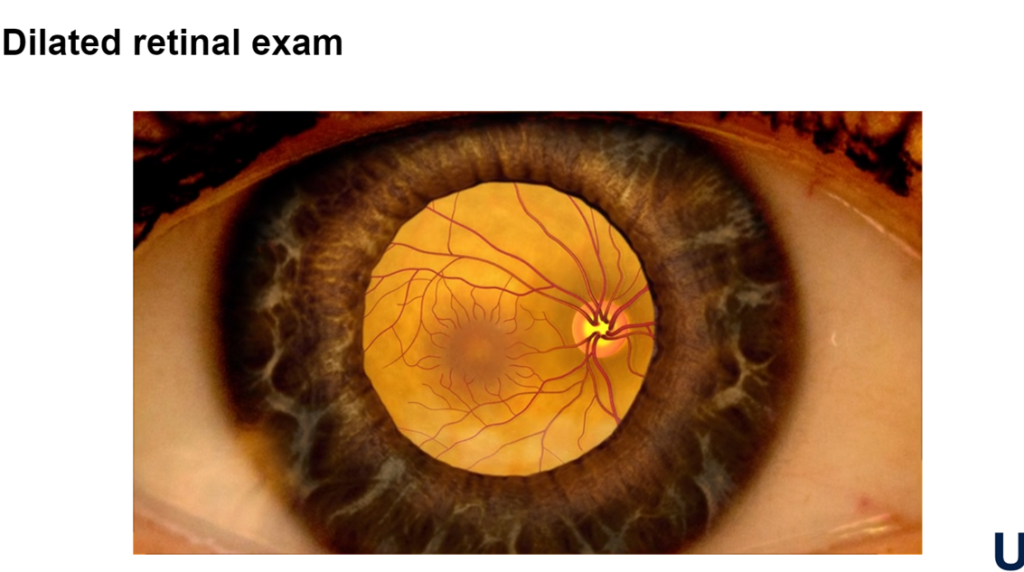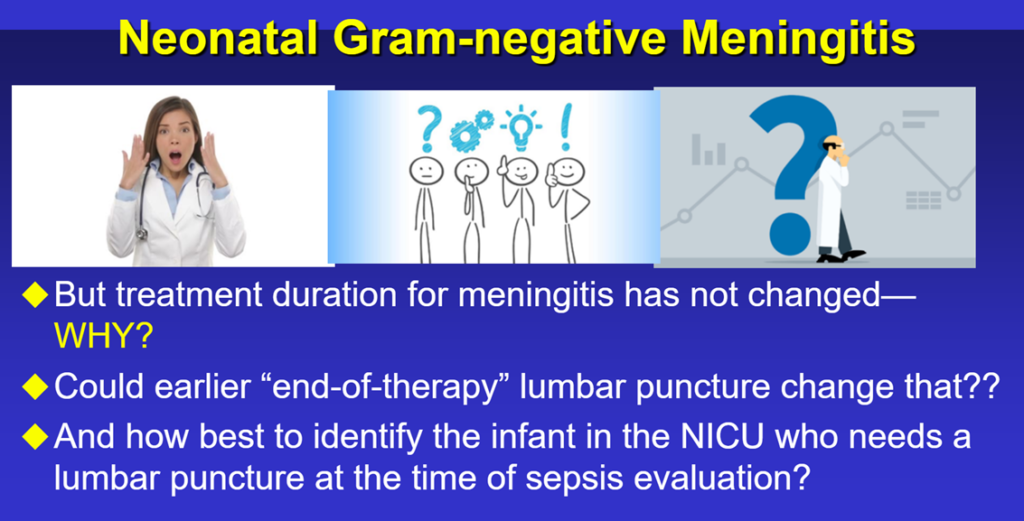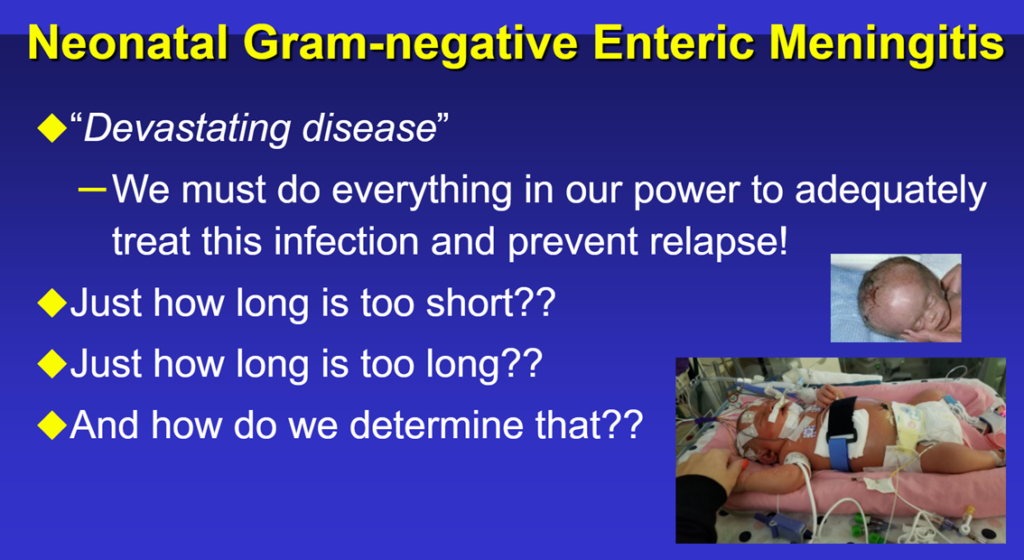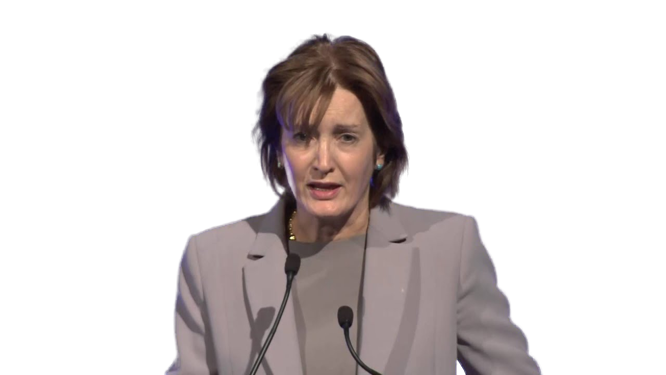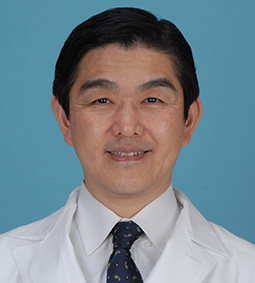IDweek2023 | PRO: The Imperative of Dilated Retinal Exams in All Pediatric Patients with Candidemia
IDweek 2023 PRO: The Imperative of Dilated Retinal Exams in All Pediatric Patients with Candidemia
Candidemia, a systemic fungal infection caused by Candida species, poses a substantial threat to pediatric patients. While the management of candidemia primarily revolves around the administration of appropriate antifungal therapy, the necessity of ophthalmologic evaluation, specifically dilated retinal exams, continues to be a subject of debate. In this comprehensive article, we advocate for the routine use of dilated retinal exams in all pediatric patients with candidemia, emphasizing the numerous potential benefits and addressing the concerns and complexities surrounding this practice.

